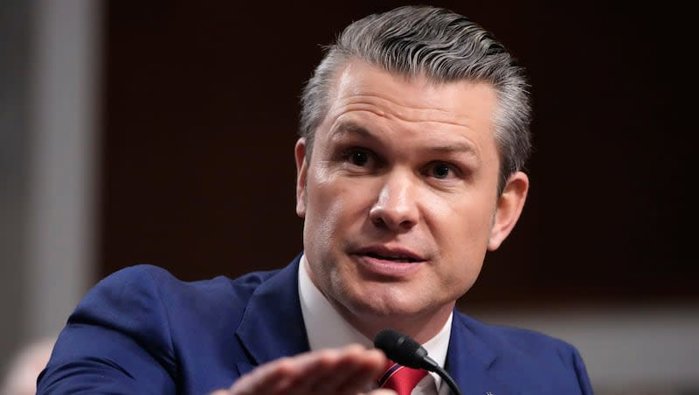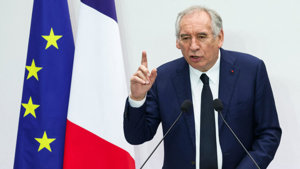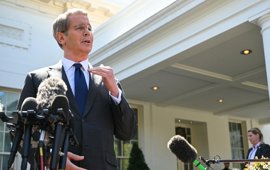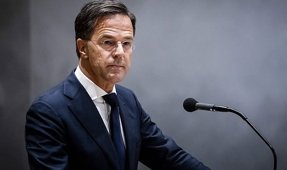
U.S. Presses France on NATO Defense Budget
United States Secretary of Defense Pete Hegseth met with French Defense Minister Sebastien Lecornu at the Pentagon on Thursday and called on France to increase its defense spending. According to a press release from the Department of Defense, the meeting underscored growing expectations for European allies to take greater responsibility within NATO.
Hegseth specifically urged France to “take primary responsibility for Europe’s conventional defense” in collaboration with other NATO member states. The request aligns with broader U.S. efforts to distribute defense burdens more evenly among alliance members.
France currently allocates 2.1% of its gross domestic product (GDP) to defense, meeting NATO’s minimum target of 2%. However, French President Emmanuel Macron has already set a more ambitious goal of increasing military spending to 3.5% of GDP. Macron has also encouraged other European nations to follow suit, advocating for stronger regional security frameworks in the face of ongoing threats.
During the meeting, the two officials also discussed the ongoing conflict in Ukraine and efforts to achieve lasting peace in the region. The discussion emphasized the importance of maintaining unified support for Ukraine amid prolonged Russian aggression and global instability.
The Pentagon’s statement highlighted the continued partnership between the United States and France in promoting global security, noting both countries' commitment to strengthening NATO and advancing peace efforts in Europe. The call for increased military investment reflects Washington’s stance that a stronger European defense is essential for long-term transatlantic stability.
As European countries face mounting security challenges, the outcome of these talks may influence defense spending priorities across the continent. The U.S. administration under President Donald Trump has repeatedly emphasized the need for NATO members to meet and exceed their spending obligations, viewing shared responsibility as critical to the alliance’s future effectiveness.






